Get ready for EcoVadis and submit with confidence
Centralize your EcoVadis data, organize your evidence and prepare your submission in one purpose-built platform.
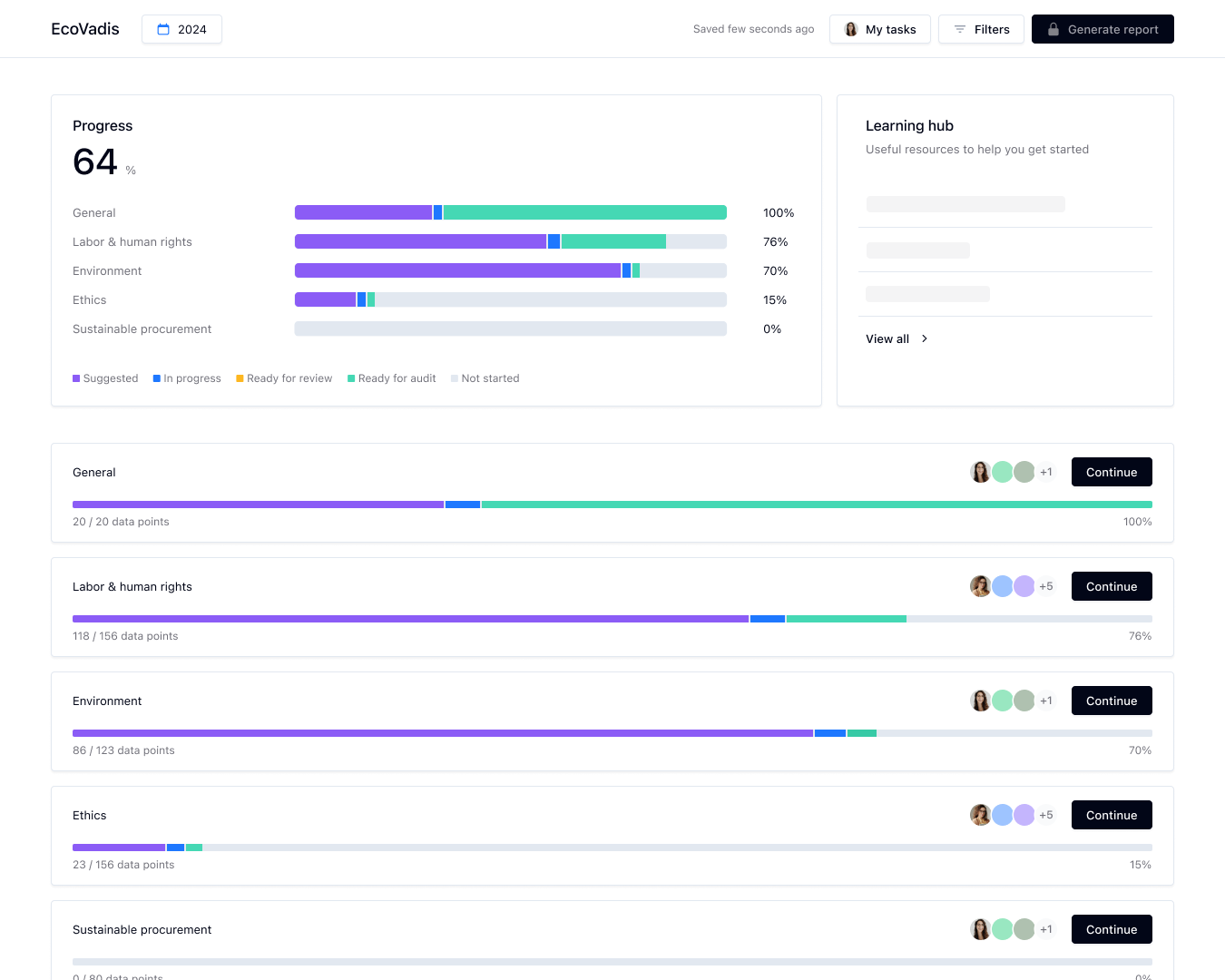




















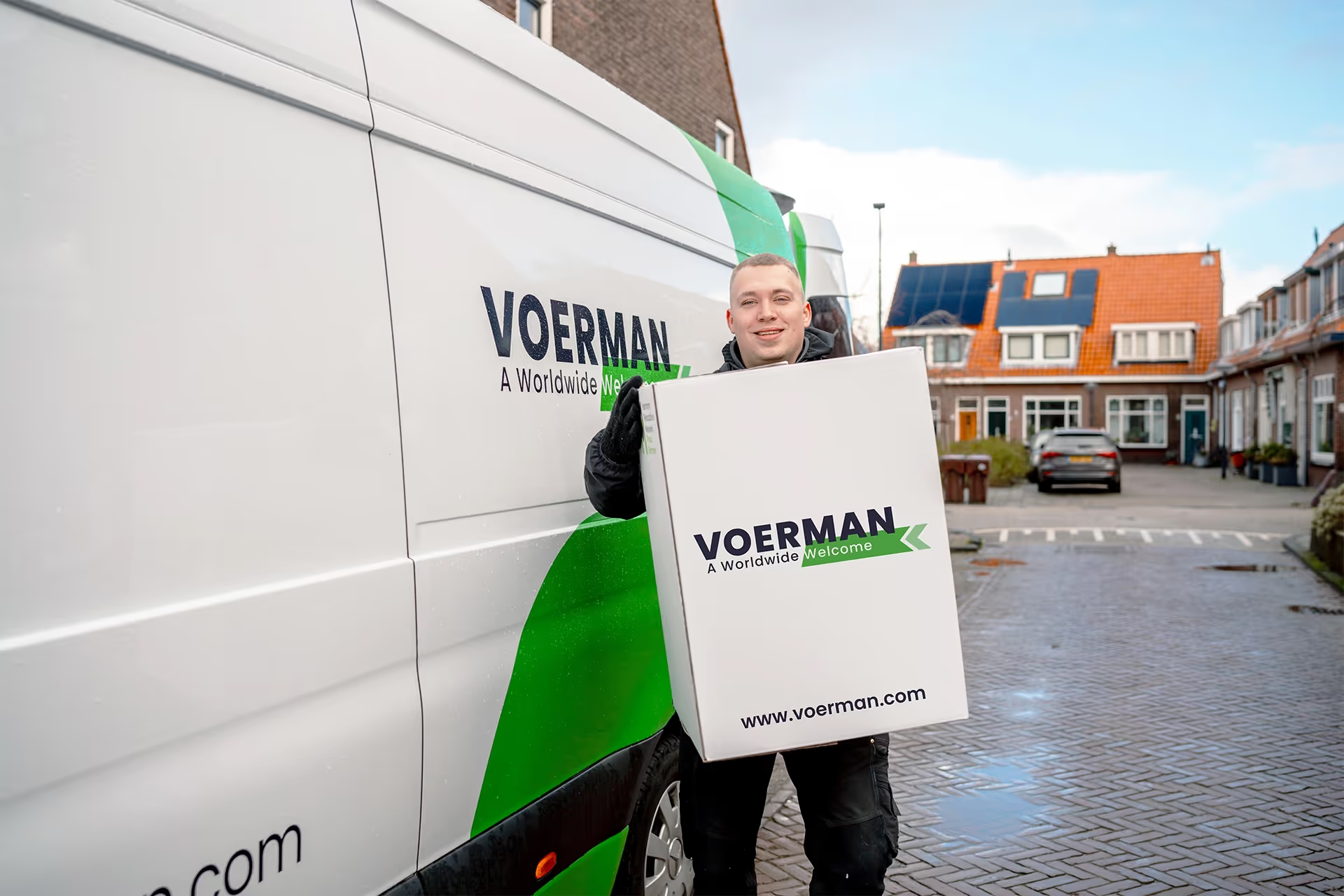









Trusted by 500+
compliance leaders














Meet the platform
on mobile screens
to experience this demo.
on mobile screens
to experience this demo.
on mobile screens
to experience this demo.
on mobile screens
to experience this demo.
on mobile screens
to experience this demo.
on mobile screens
to experience this demo.
Replace scattered files with structured EcoVadis reporting
No more juggling spreadsheets - Coolset gives you one place to organise EcoVadis data, assign tasks and track progress with your team.




A complete solution for companies and consultants
Coolset modernizes EcoVadis preparation for companies and consultants by replacing spreadsheets with structured collaboration and built-in guidance, so you can work smarter, not harder.
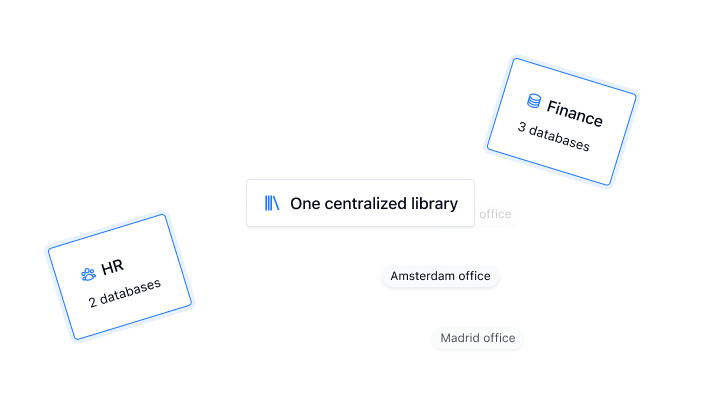
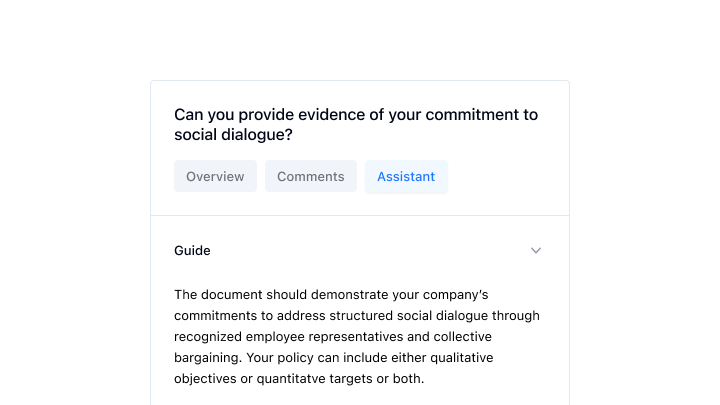
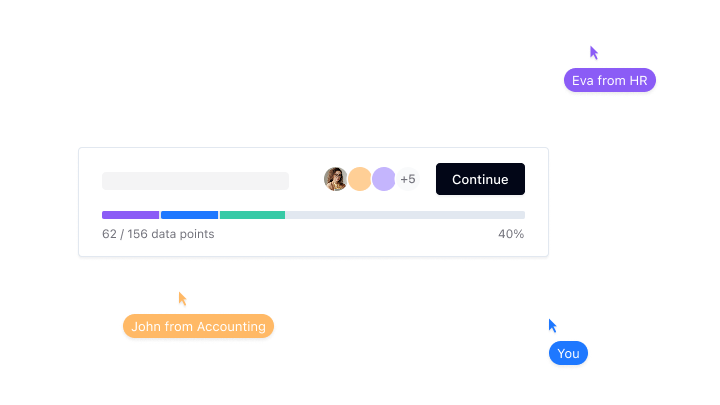


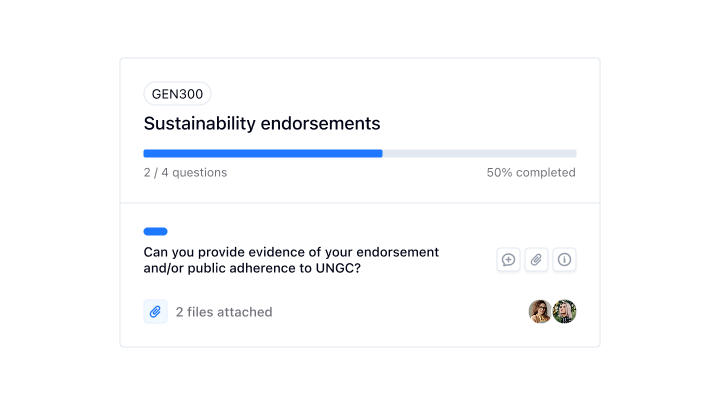

"Coolset is helpful, knowledgeable and a great place to get started on your ESG journey."

Why 500+ ESG, procurement & compliance leaders trust Coolset
The leading ESG platform for mid-market enterprises
Frequently asked
questions
Coolset offers three integrated modules: carbon management, ESG compliance, and supply chain integrity, which can be used separately or combined for a comprehensive approach to sustainability.
These modules provide a suite of tools and features to help businesses manage their carbon emissions effectively, achieve sustainability compliance, and meet environmental, social, and governance (ESG) regulations while managing supplier compliance obligations:
Carbon management: Accurate measurement and reporting of Scope 1-3 emissions measurement with TÜV-certified methodology.
ESG compliance: All-in-one software for streamlined Corporate Sustainability Reporting Directive (CSRD), European Sustainability Reporting Standards (ESRS), EU Taxonomy, and Voluntary SME standards (VSME).
Supply chain integrity: Compliance-first tools for regulations such as the EU Deforestation Regulation (EUDR) and Carbon Border Adjustment Mechanism (CBAM), that double as a catalyst for transparency and resilience - enabling greater transparency, data sharing, and collaboration with suppliers.
Parallel to these core modules, Coolset provides supporting capabilities designed to strengthen their impact and help businesses get even more value from the platform:
Cross-team collaboration: A platform tailored for internal and external collaboration, enabling teams and partners to align on sustainability goals and strategies.
Data collection and visualization: Intuitive dashboards and reports for easy interpretation of carbon data.
Auditable reporting: Accurate and audit-ready ESg reports with guided templates, smart data autofills, and linked supporting evidence to confidently pass internal reviews and external audits.
At Coolset, we see compliance not as a box to tick, but as the foundation for building a better business. Explore these features and more to enhance your sustainability efforts and ensure regulatory and supply chain compliance. Get in touch.
The EcoVadis assessment is a documented audit of your sustainability management system. It evaluates real-world practices, not just written commitments, across four themes:
- Environment
- Labor & Human Rights
- Ethics
- Sustainable Procurement
To start preparing for EcoVadis, collect proof that policies are implemented, and deliver measurable results. Start by collecting recent, formal, and relevant evidence such as signed policies, procedures, metrics, training records, KPIs, and third-party certifications.
The Ecovadis questionnaire is a document aimed to assess a company’s sustainability management. It covers up to to 21 sustainability criteria across the four core themes. It fits to your company’s size, industry, and operating locations. Each question is multiple-choice and evidence-based. You check a box only if the best-practice statement applies to you – and then prove it with documentation. No supporting evidence means no points.
In the EcoVadis questionnaire, each answer is assessed across seven indicators:
- Policies are formal commitments like a Code of Ethics or environmental policy
- Measures are concrete actions or procedures in place
- Reporting include KPIs, metrics, and performance data
- Certifications are recognized standards such as ISO 14001
- Endorsements refer to participation in initiatives like the UN Global Compact
- Coverage involves the scope of implementation (site-wide, company-wide, etc.)
- 360° Watch includes publicly available information from media, NGOs, or other sources
EcoVadis allows up to 55 supporting documents per assessment.
To be accepted, documents must:
- Directly support the question or option selected
- Be recent (policies within 8 years, data/reports within 2 years)
- Be formal (approved, signed, on company letterhead or in final PDF format)
- Be standalone – avoid merging unrelated documents into one file
Companies typically have just 30 days to collect evidence, align multiple departments, and upload all documents.
To complete the EcoVadis process efficiently across teams, follow these practical steps:
- Assign one lead per EcoVadis theme
- Store all evidence in a shared, version-controlled folder - using clear file naming.
- Set a four-step internal plan - gather documents, fill gaps, draft responses, and review a week before the deadline.
- Reuse validated evidence from other frameworks to save time and prevent duplication
Coolset helps companies prepare for EcoVadis with a guided, structured workflow that keeps teams aligned and evidence organized. The platform centralizes documents, automates mapping to the right questions, and enables real-time collaboration, turning a high-pressure process into a repeatable system.
With Coolset, you can:
- Store all EcoVadis evidence from policies to certifications – in one organized library
- Automatically map documents to relevant EcoVadis criteria to reduce manual work and spot gaps early
- Assign questions to HR, procurement, or legal and track progress on a live dashboard
- Reuse verified evidence across frameworks like CSRD, EU Taxonomy, and carbon reporting
- Connect data, documents, and owners to each question for a smooth, stress-free submission
We're ISO 27001 certified, using industry-standard encryption protocols, access controls, and continuous monitoring mechanisms to safeguard your information. We adhere to strict privacy policies and comply with relevant data protection regulations to ensure that your data remains confidential and secure. Learn more at trust.coolset.com.
.png)






.avif)
.png)










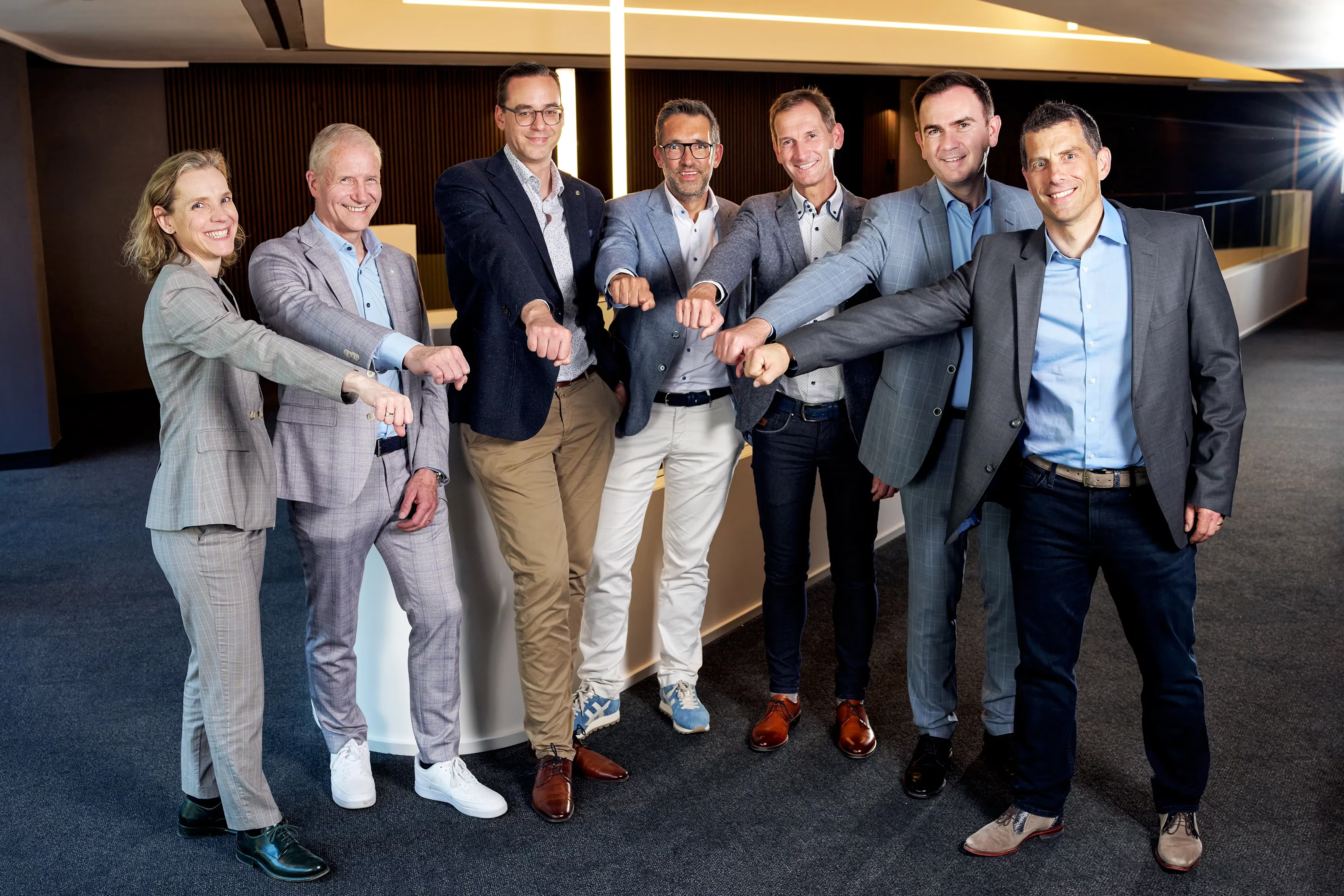
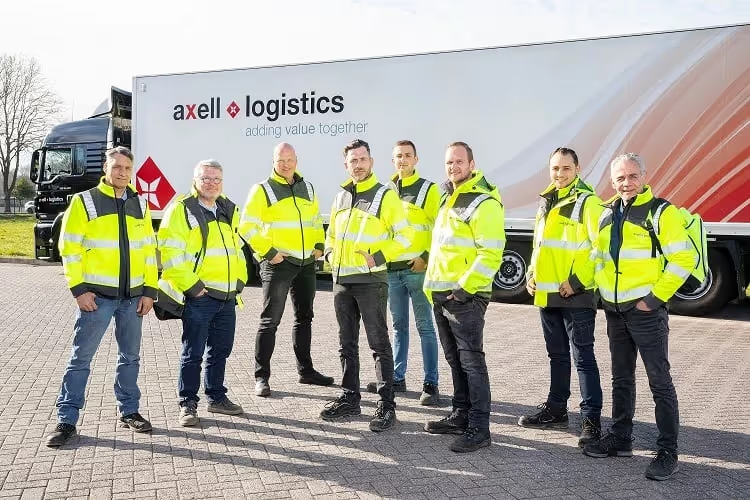

%202.webp)


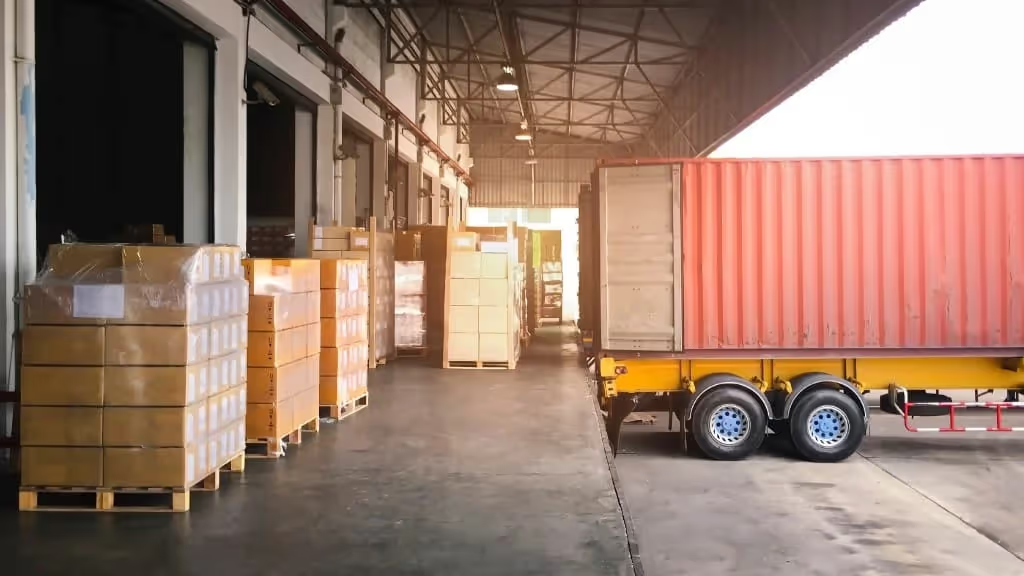




.avif)
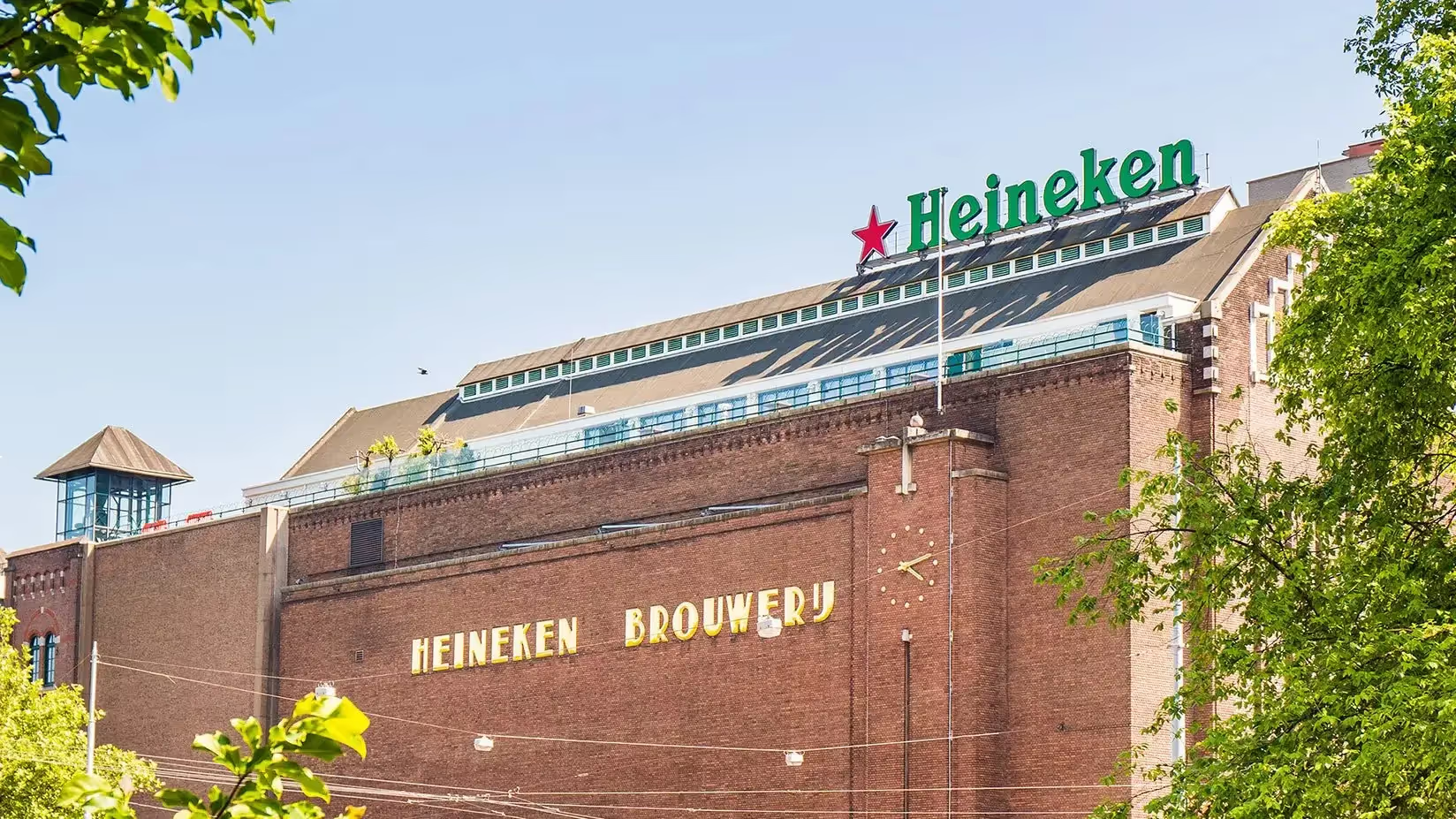





.png)








